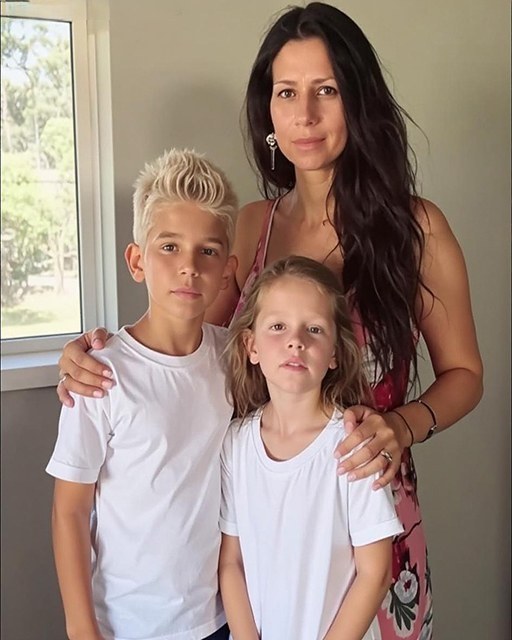I Married a Widower at 22—Years Later, His Daughter Called Me With the Words I Never Expected
I married a man I barely knew, swept up in a whirlwind romance that felt like fate. Ethan was 29, a widower with two young children. I was 22 and convinced love could conquer anything. He was charming, attentive, convincing. When he introduced me to his kids just days after we met, I should have seen the red flag. But I was too dazzled to notice.
Lena and Caleb were so young. I wanted to love them like my own. Ethan said I was meant to be their mother—not just his partner. One year later, we were married. We exchanged vows not just with each other, but with the children. It felt symbolic. It felt real.
Then reality moved in.I was working full-time, but somehow, I became the default everything. I cooked, cleaned, helped with homework, folded laundry, dried tears. Ethan drifted further from the parenting, always with an excuse: “I’m tired,” “I need to unwind,” or “I’m paying the bills. You’ve got the rest.”The more I gave, the more invisible I became. And his kids noticed.“Why do we have to do things with you?” they asked once. “Dad lets us have fun.”
That hurt more than they could know. I had made promises to them—and I meant every word. But over time, I started to lose myself.
By the end of our first year of marriage, I knew I’d made a mistake. But I stayed. For years. I felt too guilty to leave. I worried that walking away meant abandoning the kids I once vowed to love.
Eventually, I broke.
One day, I packed a single suitcase. I left a letter on the kitchen table and walked out without saying goodbye. I didn’t have the strength to look them in the eyes. In the letter, I wrote that I had tried. That I loved them. That I couldn’t survive in a life where I was invisible and exhausted every day. I signed it with love—because I still had it, even if I couldn’t stay.
The divorce was bitter. Ethan became cold and unrecognizable. I didn’t fight. I had nothing left to give. I walked away with nothing but my freedom and a guilt that lingered for years.
For a long time, I lived quietly. I rebuilt. I healed. Slowly, I figured out who I was beyond someone else’s expectations.
Then—fifteen years later—my phone rang.
A number I didn’t recognize. I answered hesitantly.
“Hi… Rachel?” a quiet voice asked. “It’s Lena.”
My breath caught. I expected anger. Accusation. Resentment.
But instead, she said something that broke me completely:
“You were the most beautiful part of our childhood.”
I couldn’t speak.“Caleb and I… we remember you as our real mom,” she said.
Tears spilled before I could respond.
“You gave us warmth. You made us feel safe. It took a while, but we understand why you left. We saw the truth. Dad… he never really tried. Not with you. Not with anyone.”
She told me Ethan never remarried. He dated, but no one stayed—because he wasn’t looking for a partner. He was looking for someone to raise his children for him.
But Lena and Caleb had held on to my care, my attention, my effort. Even after all these years.
We met soon after that call. When I saw them—grown, radiant, full of life—I felt grief and pride crash into each other inside me. They hugged me. Thanked me. Told me I mattered.
“You made us feel seen,” Caleb said. “That mattered more than you’ll ever know.”
And in that moment, I knew something for sure:
Even though I left, I left love behind. Love that rooted itself in their memory and stayed.
If my story means anything, maybe it’s this:
Leaving doesn’t always mean giving up.
Sometimes it’s the only way love can survive honestly.
So I ask you—
If you were me, what would you have done?
Would you have stayed? Or would you have left, hoping the love you gave—even briefly—was enough to be remembered?
